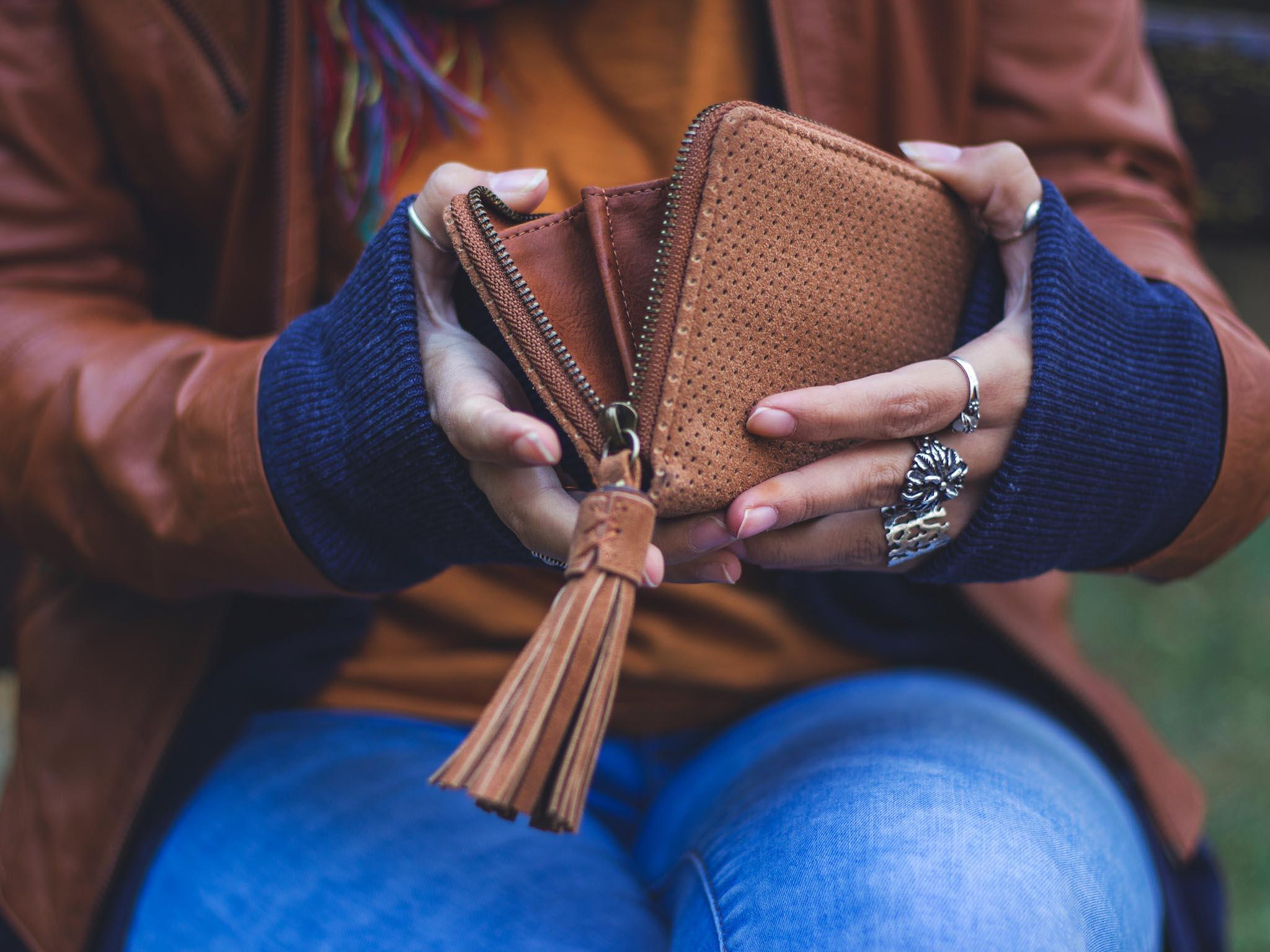Lose a wallet full of cash? You’re more likely to get it handed back than if it was empty, study finds
‘We mistakenly assume that our fellow human beings are selfish. In reality, their self-image as an honest person is more important to them’

Your support helps us to tell the story
From reproductive rights to climate change to Big Tech, The Independent is on the ground when the story is developing. Whether it's investigating the financials of Elon Musk's pro-Trump PAC or producing our latest documentary, 'The A Word', which shines a light on the American women fighting for reproductive rights, we know how important it is to parse out the facts from the messaging.
At such a critical moment in US history, we need reporters on the ground. Your donation allows us to keep sending journalists to speak to both sides of the story.
The Independent is trusted by Americans across the entire political spectrum. And unlike many other quality news outlets, we choose not to lock Americans out of our reporting and analysis with paywalls. We believe quality journalism should be available to everyone, paid for by those who can afford it.
Your support makes all the difference.A lost wallet full of cash is more likely to be returned to its rightful owner than one with little or no money in, according to new research.
Scientists say this is because of the “psychological costs of dishonest behaviour”. When the amount of money is greater, people are more likely to see themselves as a thief, which has a higher psychological cost. This is more likely to trump the financial gain of keeping the wallet.
An international team of researchers led by the University of Zurich carried out a study in 355 cities in 40 countries. They hurriedly dropped off more than 17,000 “lost” wallets at the reception of various institutions, such as hotels, banks, museums, post offices and police stations.
Their aim was to see how honest people were when it came to returning the “missing” property to the owner.
The wallets either had no money in, or the equivalent of £10.59 or £74.16. They also had a transparent face with a shopping list inside as well as three business cards with fake names and email addresses printed on them.
Only 40 per cent of wallets containing no money were returned. Fifty-one per cent with a small amount of money were returned while 72 per cent with a larger amount of cash in were returned, according to the study, published in Science.
In the UK, wallets with no money in were returned 37.5 per cent of the time. However, if the wallet contained money, returns were marginally higher than the average – 60.6 per cent for wallets with a bit of money in and 73.37 per cent for wallets with a lot of money in.
Including a key in the wallet made people even more likely to return it. This suggests that altruistic considerations did play a role when people decided whether to return lost property.
The most honest countries were Switzerland, Norway and the Netherlands, where between 75 and 80 per cent of all wallets were returned.
In countries such as China, Peru, Kazakhstan and Kenya, on average only between 8 and 20 per cent of the wallets were returned to their owners.
Although the proportion of returned wallets varied widely between countries, in almost all countries wallets with large sums of money were more likely to be returned.
There were also a few surprises – wallets dropped off at the Vatican and two anti-corruption bureaus were among those that didn’t make it back to their “rightful owners”.
Scientists believe people gave wallets back both because they care about the person who lost the wallet and also because they care about their self-image. This was the reverse of what researchers were expecting.
“We mistakenly assume that our fellow human beings are selfish. In reality, their self-image as an honest person is more important to them than a short-term monetary gain,” said Alain Cohn, assistant professor of economics at the University of Michigan and co-author of the study.
In an additional survey participants confirmed that the more money there was in a lost wallet, the more likely not returning it was to be classified as theft.
“People want to see themselves as an honest person, not as a thief. Keeping a found wallet means having to adapt one’s self-image, which comes with psychological costs,” said Michel Marechal, professor of economics at the University of Zurich Department of Economics.
Scientists say the effort involved in contacting the owner also influenced someone’s decision about whether to keep the wallet or not.
Join our commenting forum
Join thought-provoking conversations, follow other Independent readers and see their replies
Comments